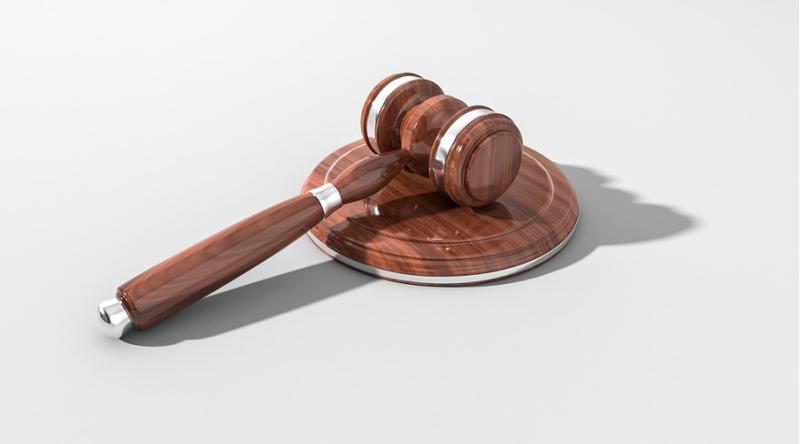What Can a Beneficiary Do If a Trust Has Been Mismanaged?

Image Credits: Pixabay
Trusts can be used for certain purposes such as charitable giving, estate planning, and asset protection. Trusts are often used to help manage and distribute assets after someone's death. For example, a trust can be created to hold property for a minor child until they reach adulthood. Trusts can also be used to help avoid probate, which is the legal process of distributing someone's assets after death.
Probate can be time-consuming and expensive, so using a trust to hold assets can be an attractive option for many people. Trusts can also be used for asset protection. If someone has significant debts or is at risk of lawsuit, placing assets in a trust can help protect them from creditors. Trusts can also be used for charitable giving. For example, a trust can be created to provide ongoing support to a charity or to fund a specific project or program. Charitable trusts often have special tax benefits, which can make them an attractive option for people who want to support a cause they care about.
What Happens If the Trust Is Mishandled or Mismanaged By the Trustee?
If a trust is mishandled or mismanaged by the trustee, the beneficiaries may have legal recourse. Depending on the terms of the trust, the beneficiaries may be able to file a suit for breach of fiduciary duty or to remove the trustee. In some cases, the court may order the trustee to return any misappropriated funds. If the trustee has committed serious wrongdoing, they may also be subject to criminal charges. Beneficiaries should consult with a trust accounting attorney to determine their legal rights in cases of trust mismanagement.
How Can a Beneficiary Take Action to Protect Their Interests
As a beneficiary of a trust, it is important to take action to protect your interests and ensure that the trust is properly managed in the future. One way to do this is to keep track of the trustee's activity and performance. This includes reviewing account statements and other financial reports on a regular basis, and being aware of any changes in investment strategy or asset allocation.
It is important to attend trustee meetings and stay up to date on any decisions that are made about the trust. If you have concerns about the way the trust is being managed, don't hesitate to voice them. It is also a good idea to have a lawyer review the trust documents on a regular basis to make sure everything is in order.
Can Legal Action Be Taken Against the Trustee(s) for Damages
The actions of a trustee are governed by both state law and the terms of the trust agreement. If the trustee violates either one of these, the beneficiaries may have legal recourse. For example, if the trustee mishandles or mismanages trust funds, the beneficiaries may be able to sue for breach of fiduciary duty. This is a legal term that refers to the duty of a trustee to act in the best interests of the beneficiaries. If it can be shown that the trustee acted willfully or recklessly, the court may order them to pay damages out of their own pocket.
A trust can be a very valuable legal tool for protecting and managing assets, but it is important to understand the risks associated with trusting another person or organization with those assets. If you have concerns about how a trust is being managed, it is important to take action to protect your interests.
More to Read:
Previous Posts:










